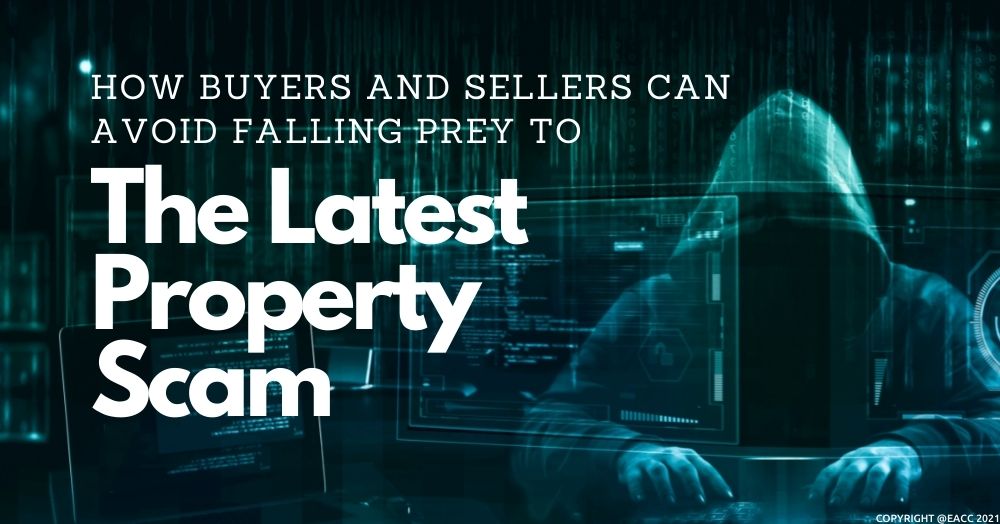How SE18/SE28 Buyers and Sellers Can Avoid Falling Prey to the Latest Property Scam
In this three-minute read, we look at a devious dupe that fraudsters use to rip off homeowners.
Fraudsters will go to great lengths to make a buck – and that includes trying to steal a home from under the owner’s nose.
Now, this may sound far-fetched, but this type of crime – called home hijacking – is real.
Last year, the Land Registry beefed up its fraud management systems in response to the threat. It also paid out £5.5 million in compensation for fraud and errors within its register.
House hijacking
The scam can work in various ways.
- The crook changes their name by Deed Poll to your name. They obtain ID in your name and put your house on the market.
They claim they need to sell quickly, so ask for cash buyers only and market the house themselves on an online portal at a low price. A gullible purchaser then acts swiftly to grab the ‘bargain’.
The house ‘for sale’ is often empty (it may be a second home) or in the process of being refurbished.
On other occasions, it’s rented out, and the tenant, or someone else with access such as a cleaner or gardener, cheekily takes the marketing photos and handles the ‘viewings’.
By the time the buyer realises they’ve been duped, the fraudster is long gone with their money. The genuine owner of the property finds themselves caught up in this tangled mess and has the stress of trying to rectify the situation.
2) The fraudster assumes the owner’s name and identity and then takes out a loan against the property. Mortgage-free properties are common targets. The property owner usually only discovers the loan when they get a letter from a lender about missed repayments.
How to protect yourself
If you’re a buyer
- Treat any ‘bargain’ that you spot online with suspicion, especially if it’s not marketed by a reputable estate agent.
- Insist on viewing a property in person.
- Never allow a seller to convince you to cut corners in the transaction process or pressure you to ‘pay up today’.
- Always seek independent conveyancing advice.
If you’re a homeowner
- Be aware that properties that don’t have a mortgage or have not been sold or mortgaged since 1998 are more at risk.
- Check your property is registered with HM Land Registry.
- Sign up to receive an alert from the Land Registry every time someone carries out an application or search on your home.
- Put a restriction on your title. This stops HM Land Registry from registering a sale or mortgage on your property unless a conveyancer or solicitor certifies you made the application. If you live in the property, this costs £40. If you don’t reside in the property, you can do it for free.
For more advice about buying or selling a property, contact us here at Hi Residential.





